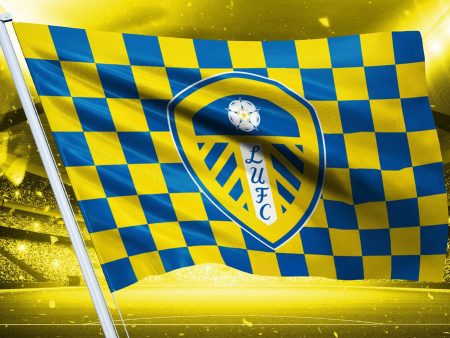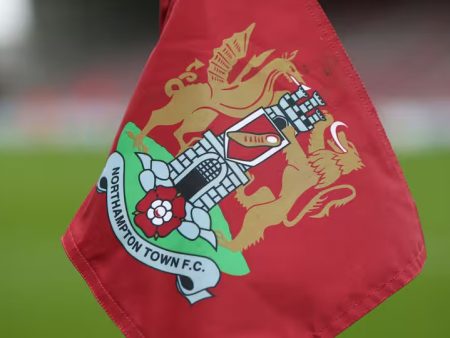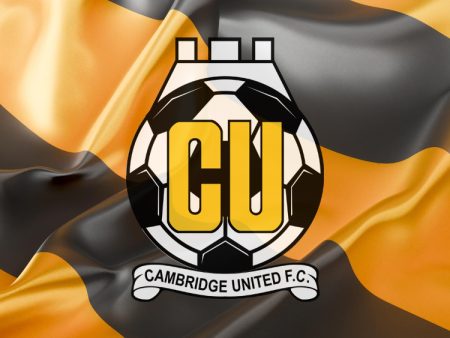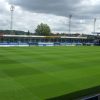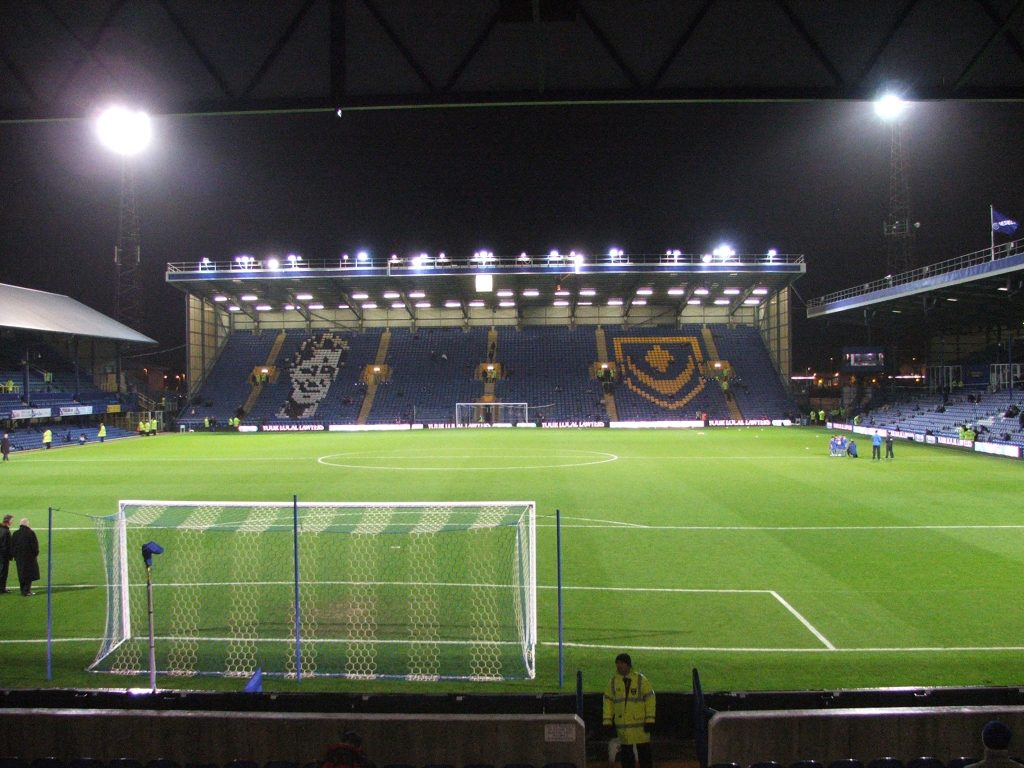
Fratton Park Stadium has served as a representation of the community’s culture and love of sports for more than 100 years. Fratton Park has a long and illustrious past, has experienced its share of highs and lows, and is today regarded as a significant component of Portsmouth’s identity. So, it seems sense that the stadium has such a strong bond with the community and the city. This article will look at the history of Portsmouth and how Fratton Park Stadium has influenced it, as well as the present and future conditions of both the stadium and the city.
So, let’s continue reading and explore the story of Fratton Park and its connection with Portsmouth.
History of the Stadium
Fratton Park Stadium, you’ve been around for almost a century, and your history is entwined with Portsmouth’s. The Portsmouth Football Club has called this stadium home since the early 1900s, and over the years, many of its games have taken place here. It served as a location for the football competition during the 1948 Summer Olympics. Over the years, the stadium has had a number of renovations, with the most recent taking place in 2008 and costing £20 million.
This involved building new terraces, a new pitch and a new roof over the South Stand. The stadium not only accommodates football games but also a range of other events like concerts and community gatherings. With a capacity of 20,700, the stadium is the biggest football venue in the south of England. Some of the most famous football players in the world have played there, adding to its rich football history. These include people like Bobby Moore, Alan Ball, and Peter Crouch. Additionally, the stadium enjoys a close relationship with the neighbourhood of Portsmouth.
The fans have been devoted to the team for many generations and have helped to create a special ambiance inside the stadium. This has played a significant role in the team’s success over time. Fratton Park Stadium has played a significant role in the history and culture of Portsmouth, and the community continues to take pleasure in it. It is a location where football players and supporters go to celebrate their passion for the sport. The stadium serves as a constant reminder of Portsmouth’s illustrious sporting past and will remain so for many years to come.
Portsmouth’s Early Years
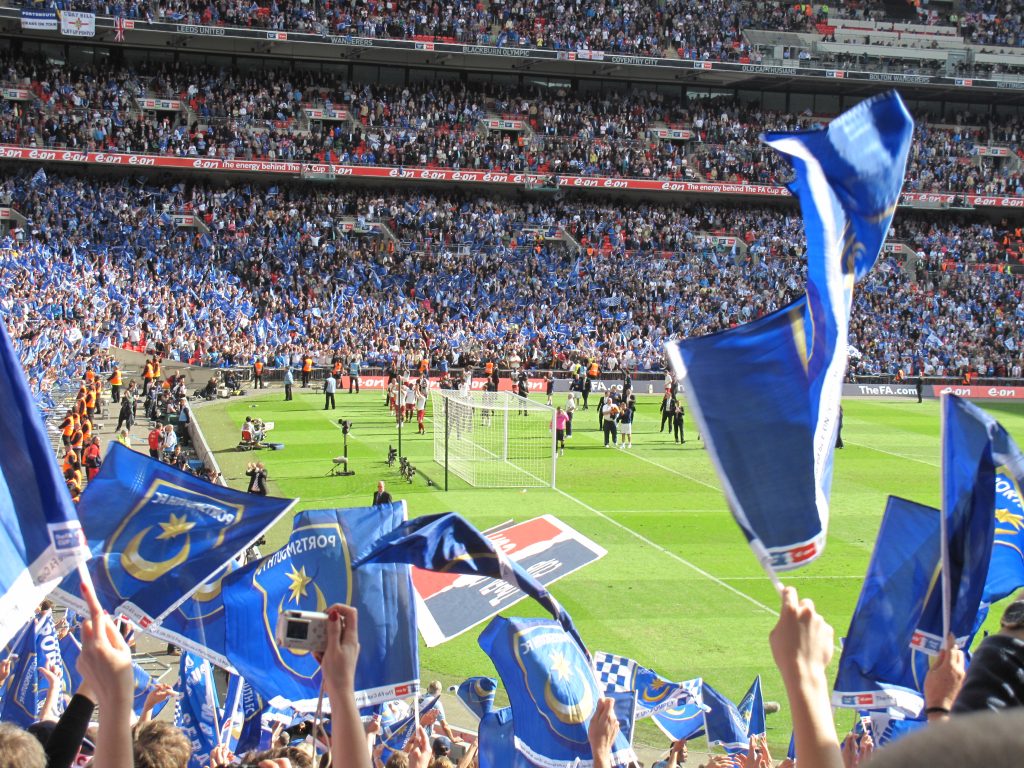
The Fratton Park Stadium in Portsmouth is the location where you are right now. The stadium, which has been in operation since 1898, is the oldest place to watch professional football in the South of England. Since the club’s founding in 1898, it has served as its home, and during its lengthy existence, many of the most significant events have taken place there. Financial difficulties characterised Portsmouth’s early years, and the club often faced insolvency.
However, despite these difficulties, the team managed to achieve some success, winning the FA Cup in 1939 and the Second Division Championship in 1949. This success, combined with the passionate support of the local fans, helped propel the club into the top flight of English football, where they remained for the next 30 years. The Fratton Park Stadium was at the heart of the club’s success. It was the place where the team celebrated their victory in the 1939 FA Cup final, and it was the place where the players and fans celebrated promotion to the First Division in 1949.
The stadium served as the setting for some of the club’s most famous European nights, such as its stunning 5-4 UEFA Cup victory over Bayern Munich in 1983. The stadium serves as a reminder of Portsmouth’s lengthy and illustrious past. Some of the most significant events in the club’s history have taken place there, and the neighbourhood continues to be proud of and passionate about it. In addition to serving as a reminder of the city’s dedication to its football team, it is a place where dreams have been realised. Therefore, whether you’re a fan or just a passerby, take a moment to enjoy Fratton Park Stadium’s history.
Fratton Park stadium’s Role
Standing in the South of England’s oldest professional football stadium serves as a reminder of the city’s dedication to its football team and its ties to a rich and proud past. Portsmouth FC’s home field, Fratton Park, has been there since 1898. Over the years, the stadium has undergone numerous alterations, including additions to accommodate over 20,000 spectators and a new roof over the main stand. The rise and fall of Portsmouth FC in the football world have involved the stadium.
Fratton Park has served as a beacon of hope for thousands of devoted supporters from their first-ever FA Cup victory in 1939 until relegation in the late 1970s. Even some of the greatest football players in history, such as Sir Stanley Matthews and Sir Tom Finney, have called it home. The team has held several memorable celebrations at Fratton Park. Portsmouth FC won the FA Cup for the second time in 2008 after spending a considerable amount of time in the lower leagues. They returned the cup to Fratton Park to be celebrated with a sizable parade.
When Portsmouth FC won the Football League Championship in 2010, there was a great celebration there as well. The dedication of the city to its cherished football team is symbolised by Fratton Park. For more than a century, the stadium has played a significant role in Portsmouth’s history, and it will continue to be a hub of excitement for many years to come. Fratton Park proudly stands as a reminder of Portsmouth’s footballing legacy and its connection to a long and proud history through thick and thin.
The Future of Fratton Parkstadium
As you visit Fratton Park, the oldest professional football stadium in the South of England, you can immerse yourself in a century of Portsmouth Football Club’s history. Since 1898, the stadium has been a staple of Portsmouth culture, and it continues to remain so today. It is a location where countless generations of supporters have gathered to support their team, and it has witnessed some of the club’s most memorable events. But what is next for this cherished stadium? The outlook for Fratton Park is positive. The stadium will be renovated by the club to make it more aesthetically pleasing and up to date in 2018.
The renovations will include a new 6,000-seat stand and improved facilities, including new seating, improved lighting, and improved access for fans. This is part of a larger project to improve the city’s football infrastructure and make Portsmouth an even more attractive destination for football fans. The redevelopment of Fratton Park is also part of the club’s larger strategy to increase the revenue it receives from supporters. The new stand will allow the club to host larger crowds and increase the amount of money it can generate from ticket sales and other sources. The improved facilities will also make the stadium a more attractive draw for sponsors and partners, who can help the club generate even more money.
There is a lot of potential for Fratton Park’s future. The stadium has the potential to become a top tourist destination and a metropolitan landmark. In the south of England, it has the potential to grow into a significant centre for football. The stadium has the potential to draw football fans from all around the world with the appropriate investment and vision. For more than a century, Fratton Park has played a significant role in the history of Portsmouth, and it appears that this role will continue into the future. Fratton Park will continue to be a representation of Portsmouth Football Club’s history for a number of generations thanks to the club’s plans to renovate the stadium.
The Future of Portsmouth
You can sense the energy of the city, the residents’ ardent devotion to their favourite football team, and Portsmouth’s promising future. The future of Fratton Park Stadium is closely linked to that of Portsmouth. It is obvious that Portsmouth is serious about its commitment to football and the neighbourhood given the stadium’s recent repairs, enhancements to the facilities, and plans to increase the stadium’s capacity. With the installation of new facilities, the stadium has become even more appealing to prospective new supporters while also improving accessibility and comfort for the fans.
The expansion plans have also made it possible to organise bigger events, such international competitions, which might boost the city’s visibility and generate more cash. The city has made significant progress in making Portsmouth a popular tourism destination. The city is rapidly growing in popularity as a travel destination for tourists from all over the world because to the installation of a new waterfront area, new museums, and a variety of other attractions. In order to make it simpler for residents and visitors to get around, the city is also investing in its infrastructure with new highways and enhanced public transit options.
This is improving the city’s economy and helping to create jobs in the local area, as well as bringing in more revenue for Portsmouth. The future of Portsmouth is bright, and the city is determined to make sure that it remains a vibrant and exciting place to live, work, and visit. There is great potential for the city to grow and develop, and the future of Portsmouth is closely linked to the future of Fratton Park Stadium. The city is committed to ensuring that the stadium remains a vital part of the local community, and that Portsmouth continues to be a great place to live, work, and visit.
Conclusion
So, you already know how important role Fratton Park Stadium has played in shaping and developing Portsmouth’s history. It is obvious that Fratton Park stadium will continue to play a role in Portsmouth’s future even as the city navigates turbulent times. It will undoubtedly continue to be a cherished area of the city for many years to come thanks to its rich history and devoted following. So, pause for a moment to consider all that Fratton Park Stadium has done for Portsmouth and will continue to do.

